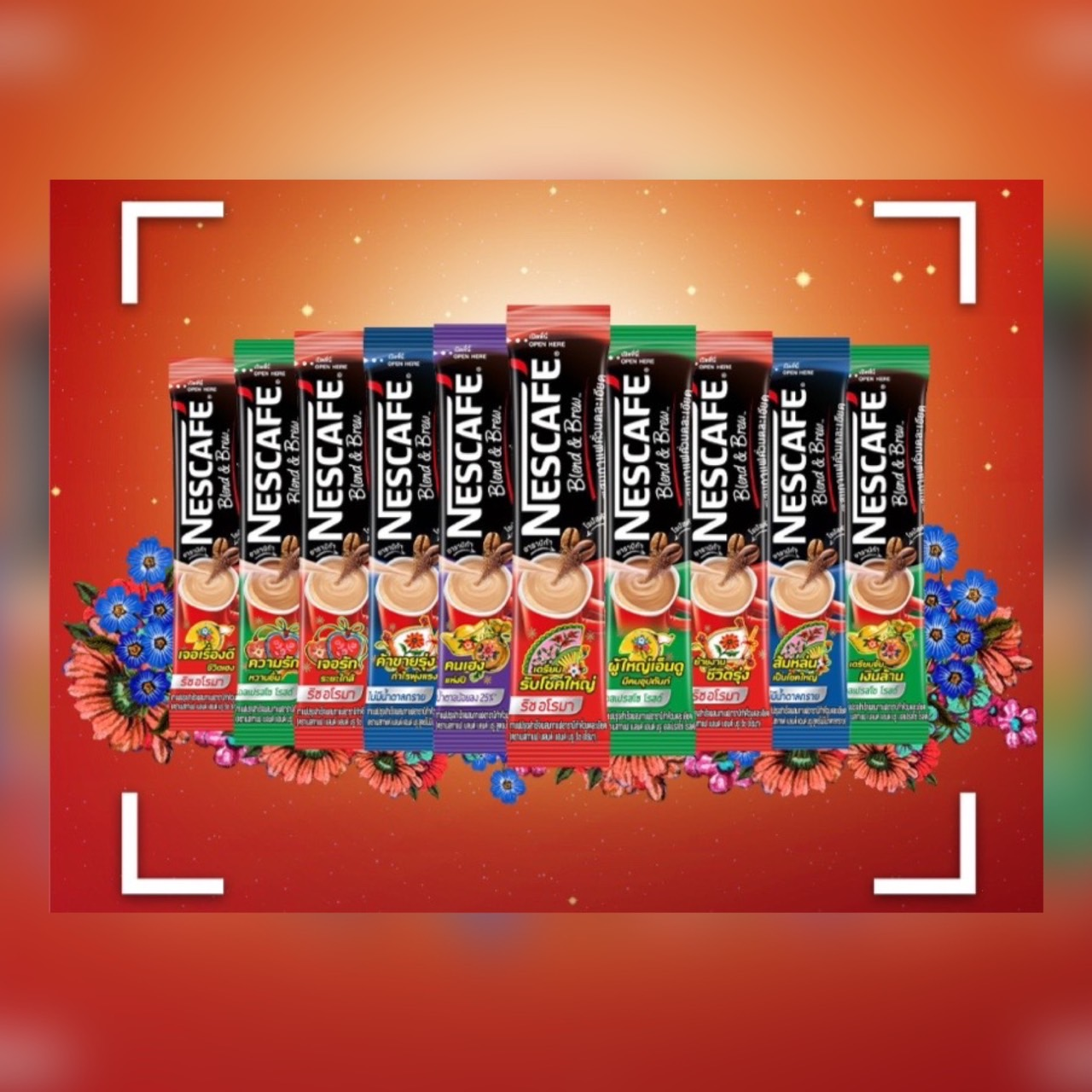Nestlé’s global sustainability commitment to future environmental impact is maintained through responsible manufacturing processes. Nestlé is working hard to make all of its packaging recyclable or reusable by 2025 in order to contribute to environmental issues and the preservation of the planet for future generations.
Paper Straws

Nestlé paper straws are produced under FSC standards, there is no paper odor, and not easily ruined. It can be soaked in water for 12 hours without affecting the flavor or quality of the product. The paper straw can be pushed back into the box without having to separate it. It is because there is no plastic coating on this paper straw. Nestlé Thailand has pledged to reduce the use of plastic straws in its UHT products by 500 million by 2021.
Paper straws that are environmentally friendly can be recycled with a Milo UHT box. As a result, the amount of small waste that affects the environment is reduced.
Drinking Water Bottles

Nestlé has altered the appearance of a recycled plastic water bottle. Plastic use has been reduced, and the transition to the Nestlé Pure Life and Minéré Water segments has already occurred with lightweight but still powerful.
Nestlé Thailand’s long-term goal is to make all packaging 100 percent recyclable or reusable by 2025, while halving greenhouse gas emissions by 2030, in accordance with Nestlé’s global environmental goals.
Paper Ice Cream Packaging

Nestlé chose alternative materials that do not make environmental pollution. For example, making ice cream packets from 100 percent virgin pulp instead of traditional plastic while maintaining strength. It is not easily decomposed, so it has no effect on taste or smell. The Forest Stewardship Council (FSC), an environmental organization, has certified it. Nestle’s ice cream packaging has changed from plastic to paper at this time. Plastic use can be reduced by more than 28 tons by 2021, which will help to reduce the use of more and more plastic in the future. Furthermore, when there is no plastic waste, there is a reduction in emissions from waste burning. Reduce the use of landfills, allowing the community to have more green and shaded areas, and increase the amount of oxygen in the air from trees Prepared to leave a clean environment and abundant resources to future generations.
Aluminum Cans

Changing the material used to make NESCAFÉ cans from steel to aluminum. It is packaged in an aluminum can. Prepare the Nescafe cans for consumption. All aluminum parts are 100% recyclable and can be recycled an unlimited number of times. When compared to using new aluminum for packaging, this saves up to 95% of the energy. Furthermore, aluminum cans are thinner than steel cans. As a result, it is easier to refrigerate quickly. The consumers can also use your hand to compress the cans into smaller sizes before throwing them away, saving storage space. Furthermore, aluminum cans can be sold at a higher cost than steel cans. This increases the likelihood that recycled aluminum cans will be collected and recycled. The lighter body of the aluminum cans reduce the amount of energy required for shipping.
Mono-Structure Coffee Stick

Nestlé continues to change packaging that is environmentally and socially friendly. NESCAFÉ is committed to making all packaging to be 100% recyclable by 2022 to create a waste-free future for Thai people.
By turning NESCAFÉ BLEND & BREW sachets into Mono Structure which made from environmentally friendly plastic. This is the first time in the world that it can be recycled 100%. It is intended to function in the same way as most current coffee sachets. To keep the taste, aroma, and freshness of the products contained in the sachet until they reach the consumer. The distinct advantage is that Mono Structure can be recycled with proper waste sorting.
Paper Coffee Pouch

Nestlé has just become the first in the global coffee industry to introduce primary packaging using a laminated stick made from Mono Structure plastic, named Polyolefin, for “NESCAFÉ PROTECT PROSLIM” produced using Nestlé’s proprietary technology and designed for recycling. The launch of this new packaging reinforces Nestlé’s mission of pursuing sustainability, with an aim to make 100% of its packaging recyclable or reusable by 2025. According to Nielsen Consumer Behavior Research, 81% of Thai consumers admit to attempting to change their consumption habits in order to reduce their environmental impact. One of them is to look for products from eco-friendly brands by incorporating a green culture into daily life.
Reference
https://www.nestle.co.th/th/csv/packaging
https://www.facebook.com/MiloThailand
https://www.facebook.com/milomaldive/
https://www.facebook.com/MinereThailand
https://www.facebook.com/NestleIceCreamTH
https://www.facebook.com/Nescafe.TH
https://www.facebook.com/NestlePurelifeThailand
